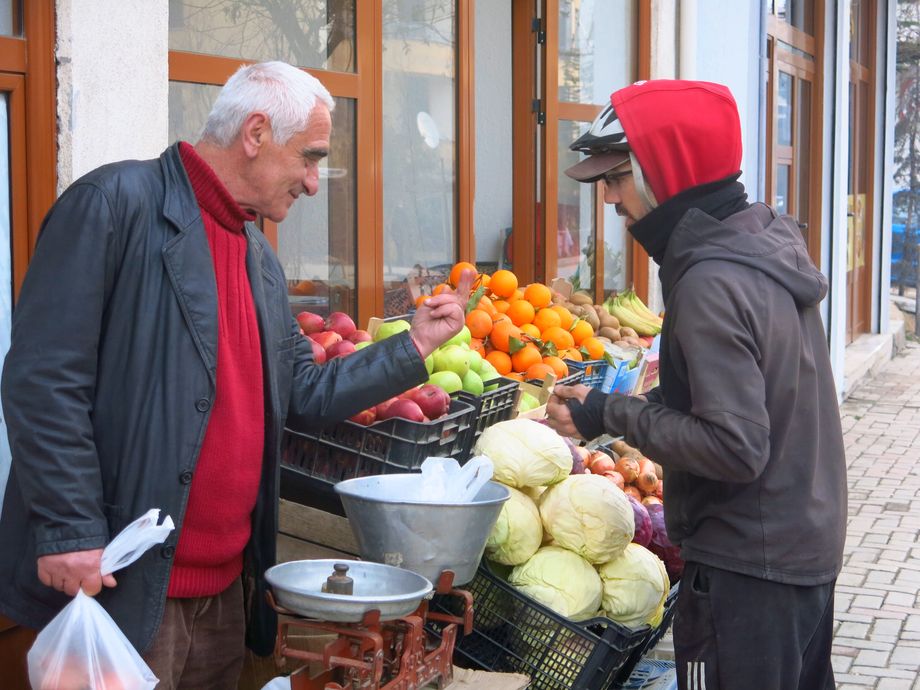
You can go a long way with 2000€ for a year.
Although some people have done it before, travelling without money is a utopia, which you can only actually do for a short time. I tried it twice in Europe. By going through shop bins to find food, I traveled for three months on bike with only 5€. Another time I was hitchhiking for a month and didn’t spend a single cent (I even finished with 40€). But this for of travel can become unhealthy as you may find yourself going towards others in the sole aim of being fed by them. This can ruin the authenticity of meetings, the joy of sharing.
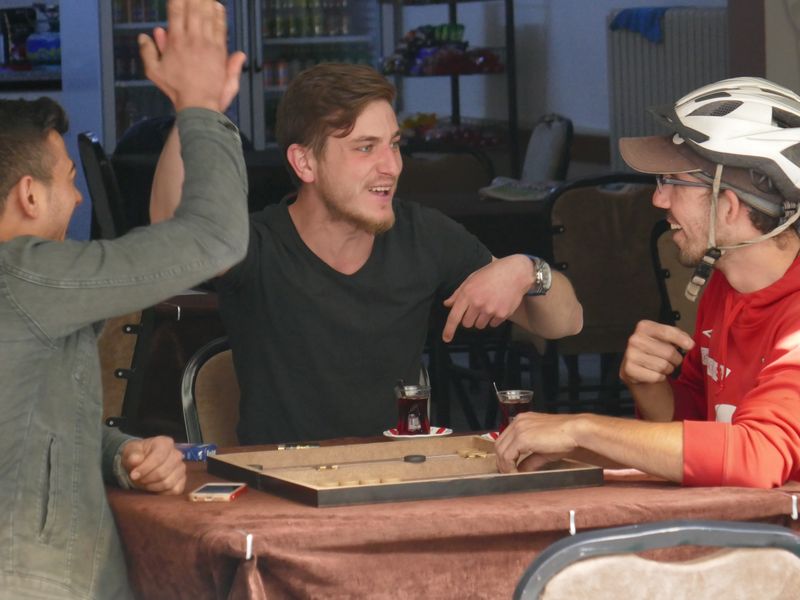
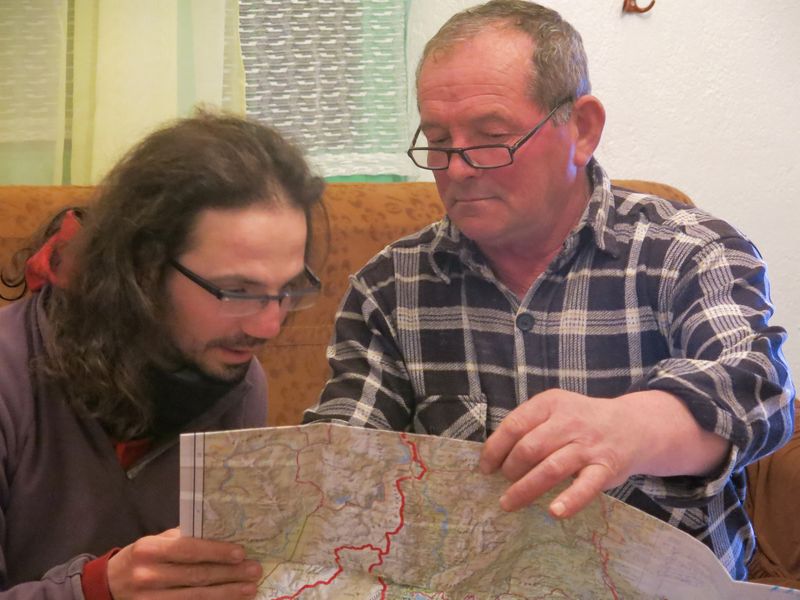
How do you manage with money ?
I have heard this question everyday in all languages. In people’s minds, travelling is expensive. On the contrary, the truth is that travelling around the World does not mean living in luxury, quite the opposite. Travelling is getting out of the daily routine of the consumerist society. When you accept to give up a lot of comfort, everything becomes possible. My first ever travelling experience was in Japan. I was a true tourist: I flew there, slept in hotels, went to restaurants. Thus two weeks in Tokyo cost me 3500€. Ten years on, with a bike and lots of experience, traveling with 2000€ for the year had become easy. Sticking to this budget implies making some concessions, but the only “material” things that I miss are books. For me, the feeling of wealth doesn’t necessarily depend on numbers, but more on the Freedom to organize a meaningful existence. Money helps a little bit of course. Below is the detailed budget of my big European tour.
NO MAD’S LAND inspires or reassures you ?
Help from everywhere are welcome.
Every donation, even small, counts.
2020′s budget: 1610€
Countries visited : Greece, Italy, France, Monaco, Andorra
Click here for the details
2019 budget overview: yet another very special year marked by the Covid-19 crisis. I confined myself two months with my parents, lodged and fed. Of the remaining ten months of travel, it was a pretty classic year for me, except that this is the first year that I earn more money than I spend. Almost zero travel insurance cost because I have driven a lot in France. In the bike front: nothing to report!
Money earnt traveling 1925€
Donations, Music, Photos: 150€
Donate online : 395€
Donate family : 530€
Books sale : 850€
Costs details 1610€
Travel insurance: 65€
Bank costs: 110€
Everyday expenses: 1435€
Every day costs details 1435€
Food: 835€ (including fuel 11€)
Drinks: 20€ (alcohol)
Hygiene: 0€ (often given to me)
Health: 10€ (green clay knee care)
Communication: 55€ (sending my diary home)
Transport: 120€ (containment trains)
Tourism and Leisure: 80€ (Loire castle with family)
Bike mechanics: 55€
Camping accessories: 170€ (new sleeping bag)
Electronic: 0€
Visas: 0€
Maps: 0€
Others: 90€ (cigarettes)
2019′s budget: 1690€
Countries visited : Italy, Albania, Greece, Cyprus, United Kingdom, Ireland
Click here for the details
2019 budget overview: special year marked by two surgical operations and five months of convalescence housed and fed. In the remaining seven months of travel, I took a lot of ferries and had to fly twice. Travel insurance cost sharply down. Otherwise, I continued to travel on a very low budget. In the bike front: a pair of wheels, a pair of tires, a new bike computer, that’s a lot.
Money earnt traveling 755€
Donations, Music, Photos: 330€
Donate online : 125€
Donate family : 300€
Saving : 1235€
Costs details 1690€
Vaccines: 60€
Travel insurance: 75€
Bank costs: 120€
Everyday expenses: 1435€
Every day costs details 1435€
Food: 360€ (including fuel 14€)
Drinks: 10€ (alcohol)
Hygiene: 0€ (often given to me)
Communication: 15€ (sending my diary home)
Transport: 385€ (ferries, planes, buses, carpooling)
Tourism and Leisure: 0€
Bike mechanics: 445€ (pair of wheels, pair of tires, bike computer)
Camping accessories: 10€
Electronic: 200€ (camera reparation)
Visas: 0€
Maps: 0€
Others: 10€ (mainly cigarettes)
2018′s budget: 1265€
Countries visited : Lithuania, Latvia, Estonia, Finland, Norway, Sweden, Poland, Slovakia, Austria, Liechtenstein, Switzerland, Italy, Malta
Click here for the details
2018 budget overview: my girlfriend met on the road in 2018 gave me back the motivation to dumspter diving again the food wasted in the garbages of the shops, something that I had forgotten for a while. We traveled to the richest and most expensive countries in Europe. We also took a lot of ferry and I also went back to smoke. In the bike front: a perfect year without any expense or almost.
Money earnt traveling 385€
Donations, Music, Photos: 385€
Saving : 880€
Costs details 1265€
Travel insurance: 230€
Bank costs: 120€
Everyday expenses: 915€
Every day costs details 915€
Food: 380€ (including fuel 29€)
Drinks: 25€ (alcohol)
Hygiene: 0€ (often given to me)
Communication: 20€ (sending my diary home)
Transport: 305€ (many ferries and a couple of trains)
Tourism and Leisure: 0€
Bike mechanics: 15€
Camping accessories: 70€
Visas: 0€
Maps: 10€
Others: 90€ (mainly cigarettes)
2017′s budget: 1995€
Countries visited : Bosnia Herzegovina, Montenegro, Albania, Macedonia, Kosovo, Serbia, Bulgaria, Turkey, Romania, Moldova, Ukraine, Belarus, Lithuania
Click here for the details
2017 budget overview: really getting to know the poorer half of Europe. Expensive visa in Belarus. Passport to be renewed. Paying for touristic sites. Visiting towns by public transport. Maps to be bought (tourist information centers and libraries rare). Improvements to my diet.
In the bike front: transmission to maintain, a broken cassette, damaged headset, two tires to change.
Money earnt traveling 330€
Donations, Music, Photos: 330€
Saving : 1665€
Costs details 1995€
Travel insurance: 575€
Bank costs: 120€
Everyday expenses: 1300€
Every day costs details 1300€
Food: 780€ (including fuel 24€)
Drinks: 5€ (alcohol)
Hygiene: 0€ (often given to me)
Communication: 20€ (sending my diary home)
Transport: 40€ (Istanbul-Ankara return bus journey)
Tourism and Leisure: 15€
Bike mechanics: 235€
Camping accessories: 10€
Visas: 180€ (80€ Belarus visa + 100€ passport)
Maps: 15€
2016′s budget: 2545€
Countries visited : Belgium, Holland, Germany, Denmark, Sweden, Norway, Poland, Czech republic, Slovakia, Hungary, Slovenia, Croatia
Click here for the details
2016 budget overview: a year full of unplanned expensises. Travel equipment to renew. Vaccine boosters. Many ferries.
About bike: many problems. A worn transmission, a broken wheel, brakes worn by the terrain and the weather.
Money earnt traveling 1015€
Donations, Music, Photos: 1015€
Saving : 1530€
Costs details 2545€
Vaccines: 375€
Travel insurance: 470€
Bank costs: 120€
Everyday expenses: 1580€
Every day costs details 1580€
Food: 675€ (including fuel 48€)
Drinks: 10€ (alcohol)
Hygiene: 1€ (often given to me)
Communication: 25€ (sending my diary home)
Transport: 95€ (Scandinavia ferry)
Tourism and Leisure: 40€
Bike mechanics: 415€ (including a pair of wheels)
Camping accessories: 315€ (computer, mattress, water filter)
Maps: 4€ (photocopies of atlases at the library)
2015′s budget: 1110€
Countries visited: France, Spain, Portugal
Click here for the details
2015 budget overview: a reference year, no unexpected spending. Food collected from shop bins. Free board and lodging over a cumulated period of four month of the year. About bike: no technical problems.
Money earnt traveling 95€
Donations, Music, Photos: 95€
Saving : 1015€
Costs details 1110€
Travel insurance: 450€
Bank costs: 120€
Everyday expenses: 540€
Every day costs details 540€
Food: 390€ (including fuel 40€)
Hygiene: 0€ (often given to me)
Communication: 40€ (sending my diary home)
Transport: 5€
Tourism and leisure: 10€
Bike mechanics: -20€ (sale of recycled parts)
Camping accessories: 60€ (broken pump MSR stove)
Others: 55€ (cigarettes, donations to the homeless)
What the figures say:
Cutting one’s costs is almost a full time job. My budget of 1800€ on average per year, based on European prices, surprises even the thriftiest of travelers I meet. And yet I’m sure that I could get better still : if, I applied myself to recover even more the collecting food from shop bins again, if I took the time to hitched rides on boats rather than paying for ferries to cross the seas, if I worked harder on learning about the free resources the wild has to offer (by gathering, hunting and fishing), and so on … By noting down all spendings in a book, you will soon learn to identify what is costing you the most and to reduce your budget day by day. It will require you to be disciplined, patient, willing, inventive and resourceful. Add to that a bit of good luck and some self control, will also help, and you will be able to tackle almost any situation without opening your wallet.
A tiny budget for more pleasure and freedom.
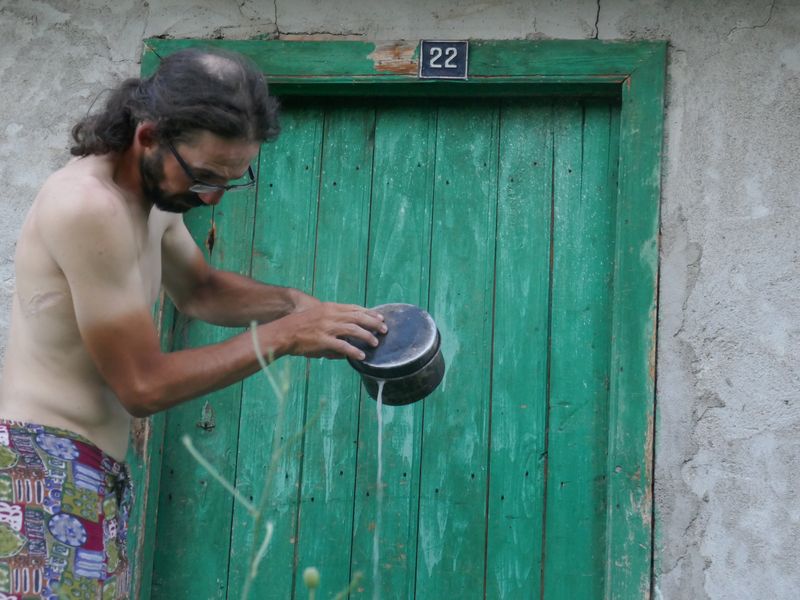
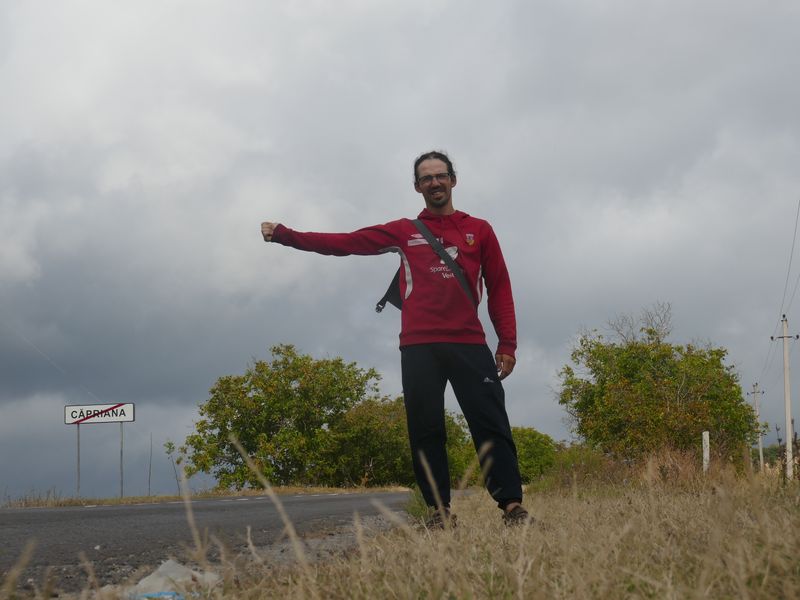
-
Preparing meals from fresh and local ingredients allows you to always eat healthy food without it costing much. Jump into bins of supermarkets even less. When you go shopping, go straight for what you need, don’t wander around the aisles being tempted. Ready made meals and snacks are to be avoided. Without meat, tabaco and alcohol you can live healthy with 1000€ per year. Food represents around one third of my annual budget.
-
Getting around on foot or hitchhiking doesn’t cost a cent. The bike requires a little maintenance. With 10% of my budget, I can equip mine with middle range parts. Trains and planes tend to make costs go up massively. When it’s inevitable, I favor the ferry, and that’s another 10% of my budget that disappears.
-
I pay a lot of attention to my equipement but that doesn’t always prevent to break it in a nature engaged trip over summers and winters. For me, the maintenance is about 5% for my camping gears and 10% for my electronic devices.
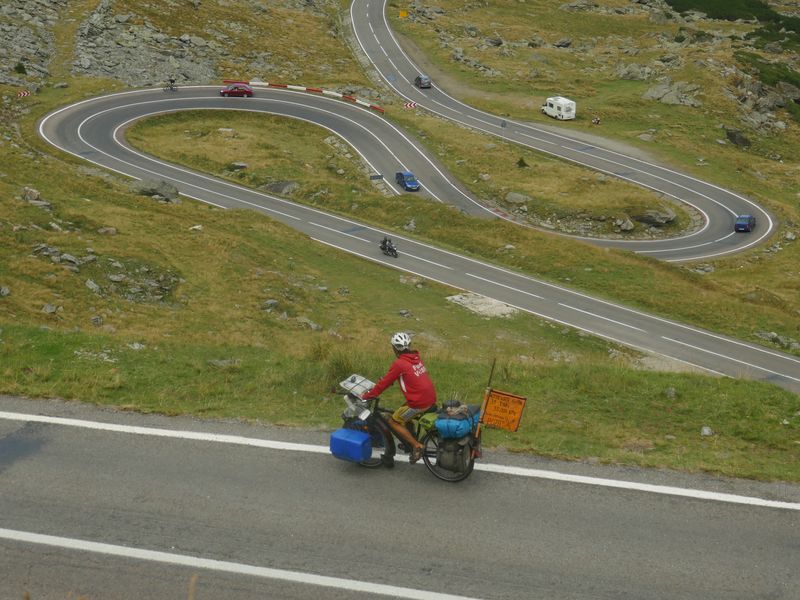
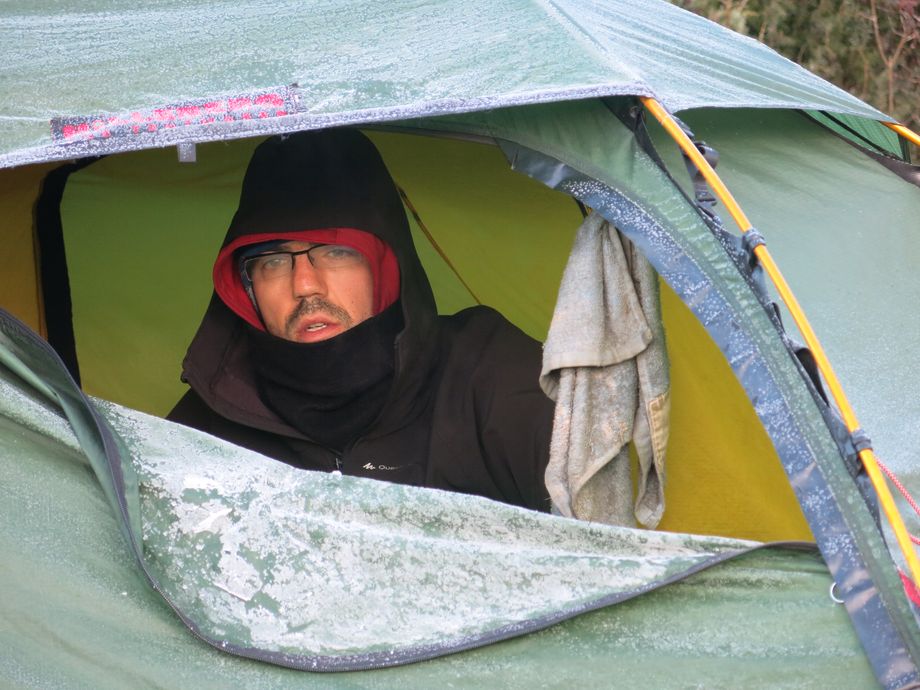
-
My rule of “never paying for somewhere to sleep” is sometimes tough, but since 2011 I have always managed. I sleep in the tent, in abandoned houses or construction sites. In towns (where I tend not to spend much time) networks like WarmShowers and CouchSurfing help. Don’t run to the first hotel who appear allows me especially to make beautiful meetings.
-
I have always traveled with travel insurance which accounts for 25% of my budget. It seems massive, but my car crash in Australia helped me to accept this cost, and see that it is not a waste of money.
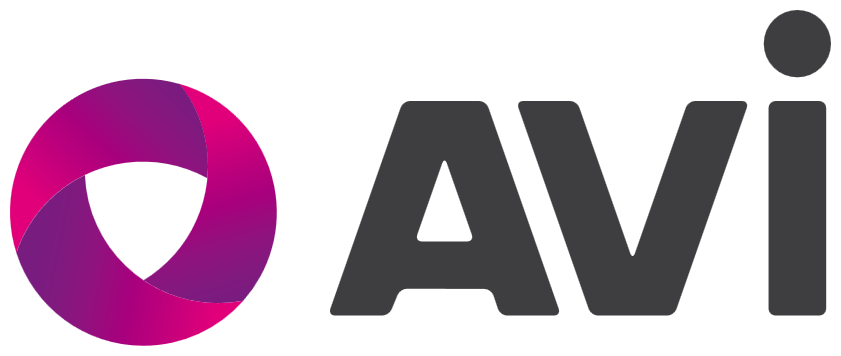
Since 2018, AVI Insurance has decided to support “No Mad’s Land” by offering a partnership with its Marco Polo contract.
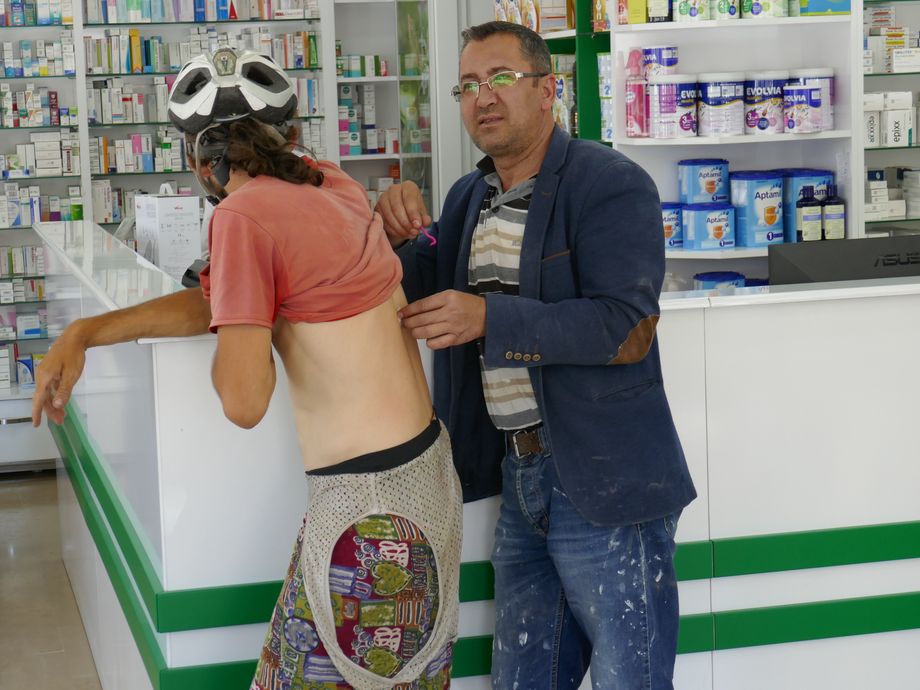
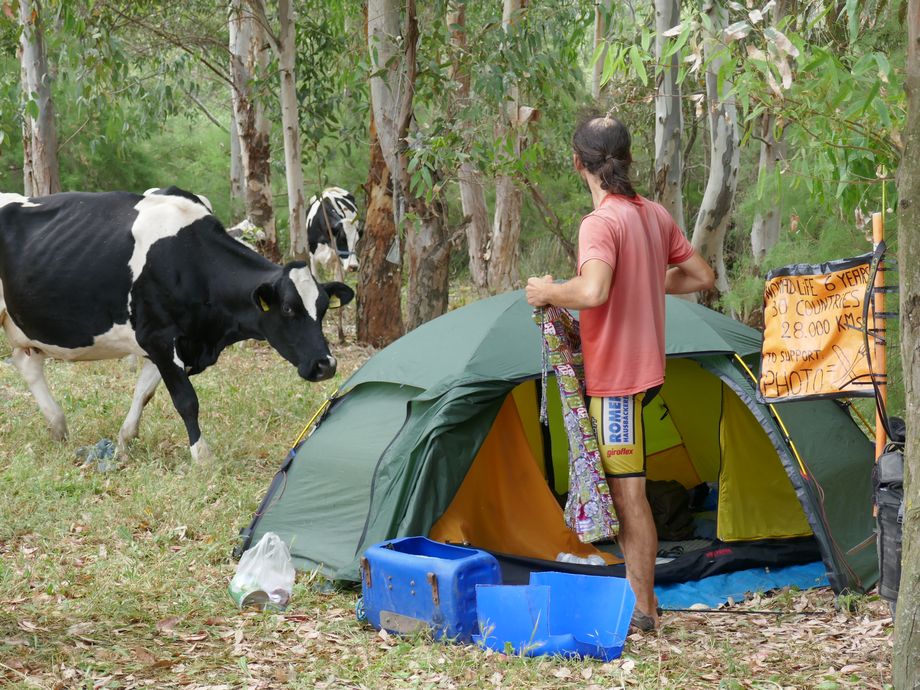
-
Entrance to tourist sites is expensive. Contemplating Nature is free, so long has it hasn’t been privatised, so enjoy the beauty.
-
My bank costs are reasonable thanks to an agreement with my bank. Without that beware of bank charges for withdrawls and payment abroad that can be very costly. These costs represent about 5% of my budget.
-
Visas and vaccines almost doesn’t exist in Europe. Those inherents costs to travel count for 5% of my budget, but it gonna be more in the others continents. Keep a sum of money to one side to cater for unexpected costs.
How do you finance your travels ?
Rather than working a lot to earn money, I prefer to live modestly to spend as less as possible. This is the basis of my thoughts about money. I had actually worked for a while before becoming a nomad, like everybody by fear of running out of money, so I managed to have a saving. But I understood quickly that by leading an abstemious life, it was not going to be hard to support myself financially on the Road. Observing that « the small streams form the big rivers », by busking with my harmonica, selling photos, but especially by offering my help to the people I meet, I manage to gain the small amount of money I need. But I also have the chance that the generosity of people sometimes goes beyond understanding as they offer me money. I will never be thankfull enough. It gives me fresh hope in Humanity. However, I don’t look for others to pay for my journeys and I believe that traveling in Europe, a relatively wealthy continent, is one of the keys to my current success.
Traveling without money is a full time job.
You must also know how to be inventive and have a certain audacity. « Do you know how to use a chainsaw ? » I was once asked. « Of course » I replied, hiding my apprehension. The man was looking to clear a parcel of his small forest. He asked me to help him. Mowing lawns, taking care of horses, taking a roof down, painting, plumbing, electricity, … I am lucky to be able to be handy and to be able to offer my help in many fields. I only refuse once to become a gardener when the task was pretty simple: I had to keep an eye on the automatic watering system of 100 cannabis plants. I refused in spite of the accommodation in a villa overlooking the sea and the salary of 5000€ per month.
Rather than using the word job, I prefer to say that I provide services to the people I meet, and that sometimes they do me a favor by putting a little bit money in my pocket to support my trip. My time has no hourly rate, the pleasure I get in the help that I give is more importance to me. I can spend 10 minutes cutting a lawn and being offered 50€ or repainting a room for 3 days and only receive a few pieces in exchange. It is up to people to decide the value of the service I have rendered them and whether I deserve a small amount of money or not. I “work” above all to please people, then happens what happens.
↠ Harvest under contract in Australia and France
(grapes, pears, plums, melons, peaches, olives, …)
↠ Lumberjack, forest cleaning and wood splitting in Spain
↠ Keep horses in the absence of owners
↠ Carpenter and dismantling of roof in Norway
↠ Help in debarking logs in a sawmill
↠ Cut trees, hedges and mow lawns in people’s homes
↠ Brushing, digging, plowing people’s land
↠ Do small maintenance jobs in people’s homes
(tapestry, painting, electricity, plumbing, masonry, …)
↠ Pick up soda cans in Scandinavia
↠ Play harmonica in the street in all countries
↠ Have my picture taken with my bike in the street
↠ Sell photos I took during my travels
↠ Clean the premises of youth hostels
↠ Build an outdoor sauna using recycled materials
↠ Make translations of documents or restaurant menus
↠ Selling used clothes to people I meet
↠ Help the family the rare ones I came back to say hello
↠ Wash fire trucks in the firestation
↠ Help associations to develop their visibility
↠ Write books
↠ Sell handicrafts (wood carving)
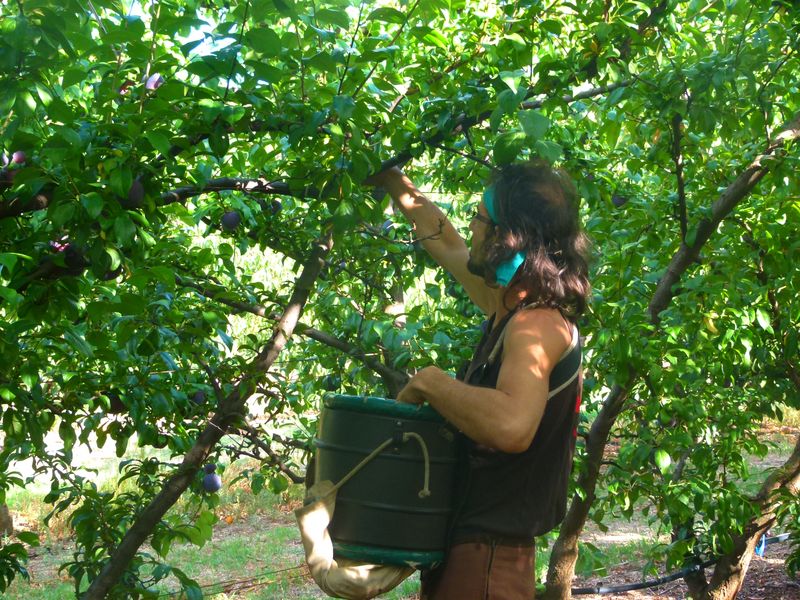
Money at the heart of conversations …
In spite of it’s importance in our societies, money remains a taboo subject. But people are very curious and ask me about this all day long. I used to think them all obsessed with money. At first I was annoyed by the questions, until I realised that they were asking me out of ignorance and the desire to understand. So I started to relax about it, and try to explain my living conditions. I can see how it is difficult to understand how one can travel so much while working so little. Especially for those working hard to pay for their house or their car, or just to survive on a meagre wage. I am sometimes embarrassed when I meet the poorest people. How not to be uneasy talking about money with those who have so little yet offer so much ? My annual budget, though modest is earnt in a month in a rich country can be shocking to someone in a country where you would have to work hard all year to earn barely as much. But the worst thing, that gives me a feeling of guilt at times, is being lucky enough to have a French passport which allows me to go almost anywhere in the world, when the people I’m talking with can’t even leave their country.
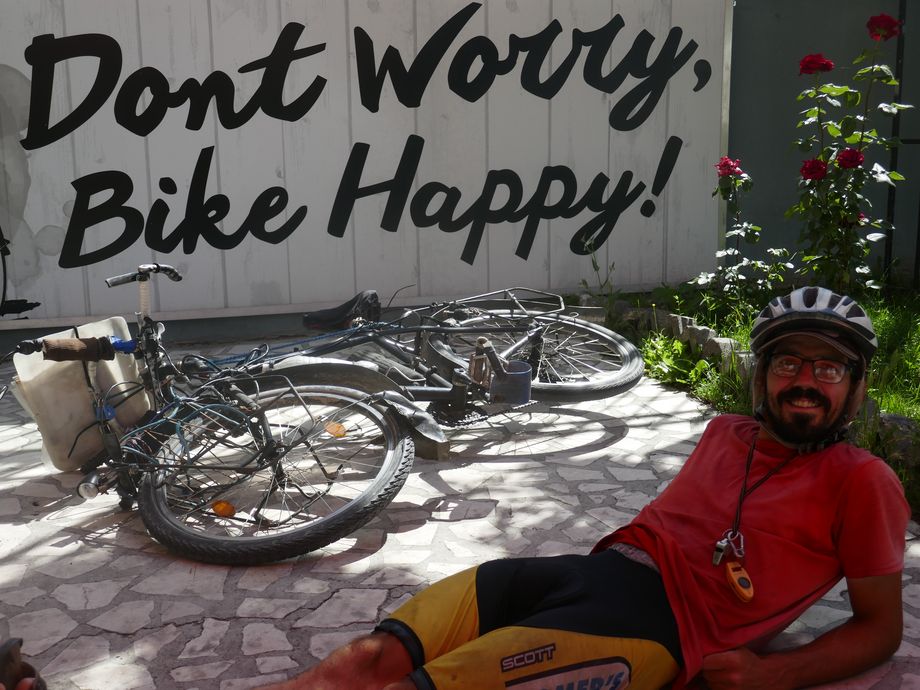
Join fast Facebook community to discuss with us !!!














